Care Guides
Our elderly care guides provide comprehensive advice surrounding all areas of elderly living and care, including the different types of care homes and common care alternatives, how best to care for an elderly loved one, how to find and choose a care home, care needs assessments, what to take when moving into a care home and much, much more.
When moving into a care home or similar care facility, our friendly team of care experts can support you or your loved one every step of the way on this journey.

Using a Lasting Power of Attorney | How Do They Work?
A Lasting Power of Attorney allows people to make decisions on your behalf. Here, we’ve explained exactly what a Lasting Power of Attorney is and how they work.
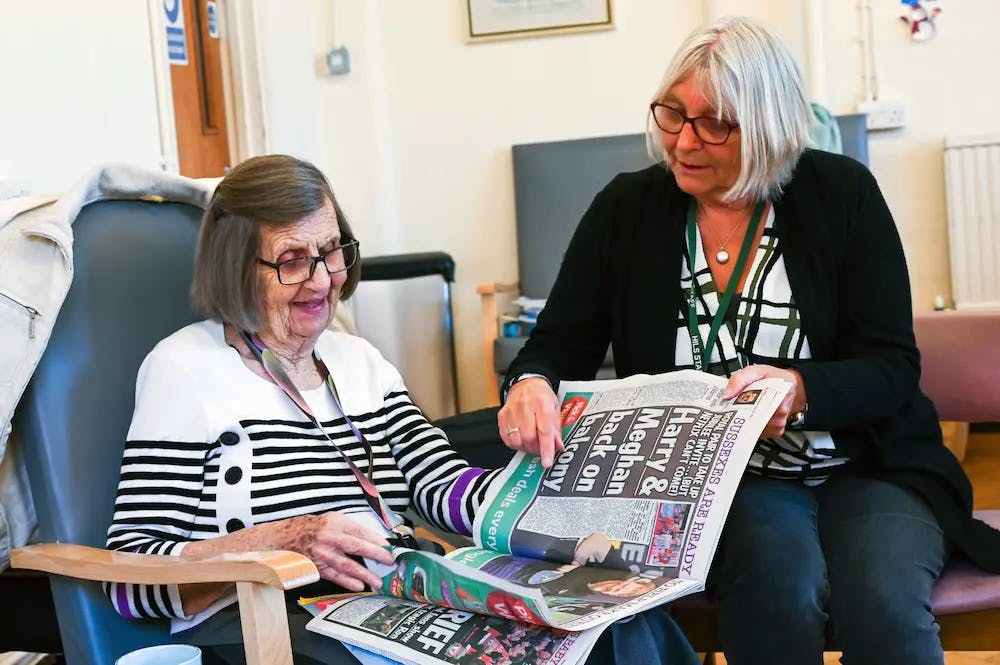
7 Amazing Reasons to Volunteer at a Care Home
Volunteers play a key role in elderly care. Check out this article if you're interested in volunteering with the elderly but aren't sure where to start.

The Importance of Good Food Hygiene in Care Homes
Within a care home, catering staff must take the utmost care to ensure that cooking and food preparation areas are kept clean and germ-free.
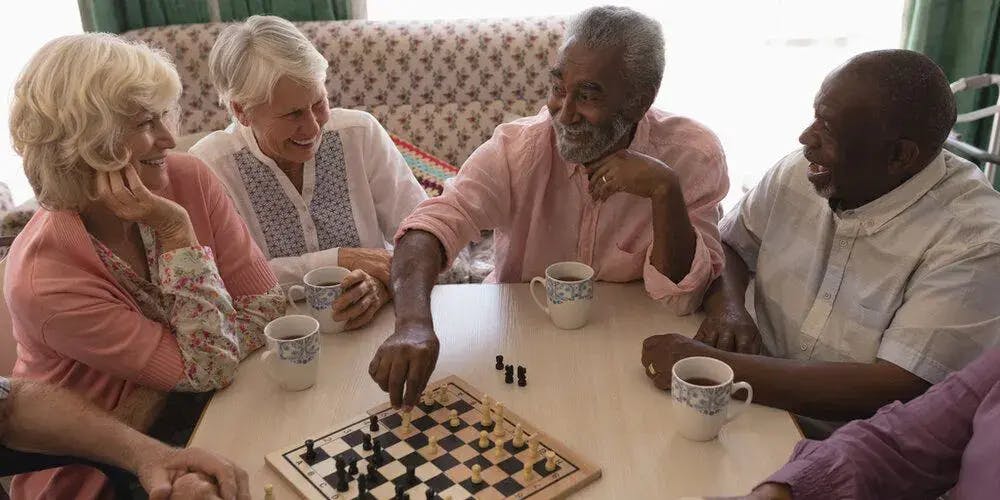
How to Promote Equality & Diversity in Care Homes
We've examined equality and diversity within care homes. Discover the legal requirements for providers and ways to aid inclusion and help residents thrive.
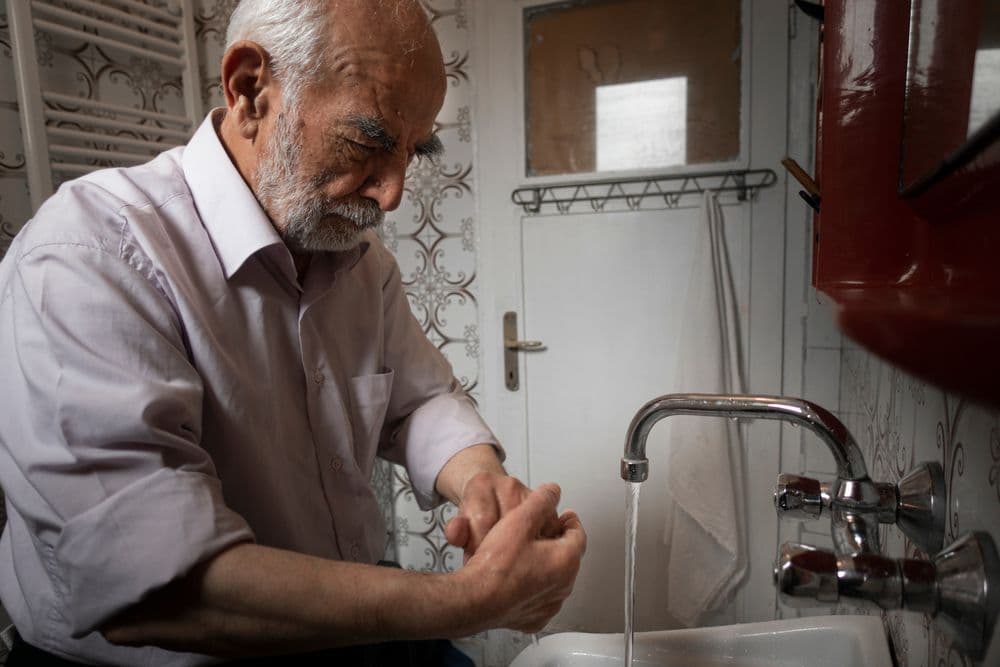
The Importance of Personal Hygiene in a Care Home
As we age, we become more prone to catching infections and diseases, some of which can be caused by poor hygiene, unclean environments and a bacterial build-up.

Your Checklist Of Questions To Ask When Viewing a Care Home
Click here for a checklist of questions to ask when viewing a care home. Our checklist will guide you through the process so you can make a confident choice.

The 11 Best Care Homes For Rehabilitation | Recover In Comfortable Surroundings
Discover 11 of the UK's best care homes for rehabilitation. These homes support people to recover and regain independence following an operation or illness.

Care Home or Home Care | Which Is The Right Choice For You?
Here are the different options for care homes and home care, advantages, other key considerations, and the cost of both, to help you choose the right option.

The 10 Best Parkinson’s Care Homes In The UK
Discover care homes offering support for people living with Parkinson’s disease here. We've also explained how these homes look after people with Parkinson's.

Average Age To Go Into a Care Home + Other Key Care Home Statistics
Discover invaluable information for care seekers, including the average age people go into care homes, and how to know the right time to enter a care home.

Six Weeks of Free Care After a Hospital Stay | NHS Intermediate Care
This article explains whether you’re eligible for six weeks of free intermediate care after a hospital stay, how intermediate care works and what happens after.

How Does Moving To A New Care Home in a Different Area Work?
When moving from one care home to another in a different country or local authority, funding rules can change. We've explained what happens when moving.

Who To Inform When Moving Into a Care Home
There are lots of people and organisations you should tell when entering care. We've put together a list of who to inform when moving into a care home.

Winter Respite Care | What Is Winter Respite Care and Where Is It Available?
Winter respite care allows you to take a break from caring while your loved one is looked after by someone else. Here, we've explained this care.
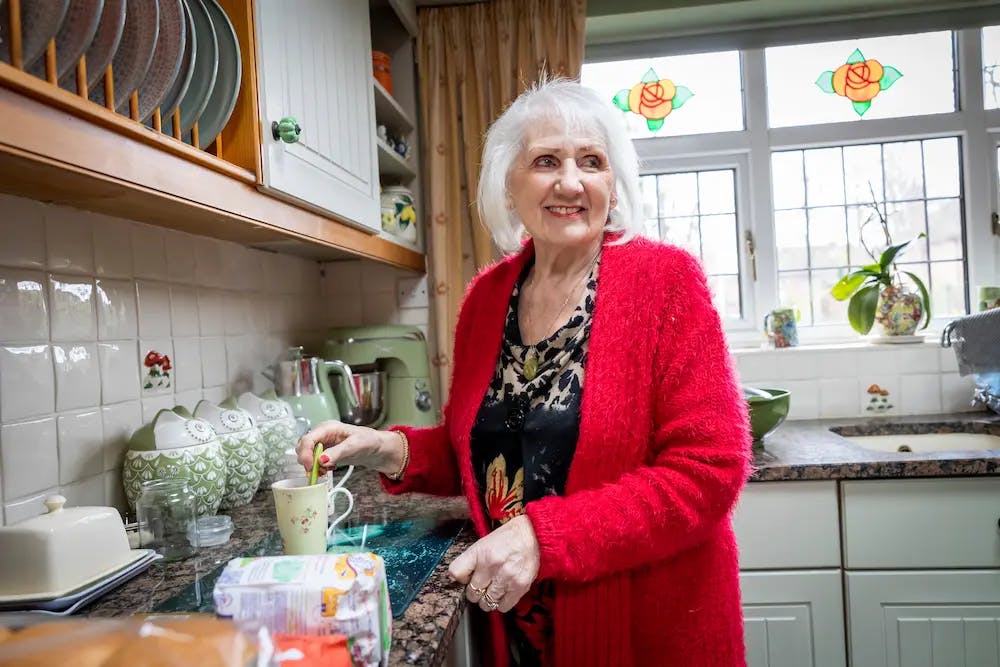
Caring For Elderly Parents | Tips, Advice & How To Find Support
When caring for elderly parents, you'll want to give them the best possible support. This guide contains tips and advice for providing an amazing level of care.

The Carer’s Leave Act 2024 | Everything Employees & Employers Need To Know
From April 2024, the Carer’s Leave Act will come into effect, meaning employees who provide long-term care can get up to one week’s unpaid leave per year.

The 11 Best Luxury Care Homes In the UK | Purpose-Built and Beautiful Homes
In a luxury care home, your loved one will enjoy a stylish setting and state-of-the-art facilities. We’ve gathered 11 of the best luxury care homes in the UK.

The Different Types of Care Available To Older Adults Explained
There are numerous types of care to choose from. We've explained the different care homes and home care options for older adults, along with alternatives.

Care Needs Assessments: What They Involve + How To Apply
A care needs assessment works out what kind of care you or your loved one requires. Here, we’ve explained how to arrange an assessment and what it involves.

How to Choose a Care Home
Here's our guide to help you choose a care home, including questions to ask when viewing a care home and the steps you should take to make your decision.

The Best Care Homes With Gardens | Beautiful Green Spaces
Living in a care home with a wonderful garden will benefit your loved one’s wellbeing. That’s why we’ve rounded up the UK's best care homes with gardens!

Find an Adult Day Care Centre Near You | Best UK Day Care
Through adult day care, you'll take part in meaningful activities within comfortable surroundings. Here's how you can use our service to find a day care centre.

Duty of Care in Health and Social Care
In health and social care, we have a duty of care to protect others from potential harm. Here, we’ve explained what duty of care is and why it’s important.

Find Social Housing Near You | Affordable Housing For Older Adults
Social housing provides some of the most affordable homes in the UK. Learn more about social housing, including whether you’re eligible and how to apply.
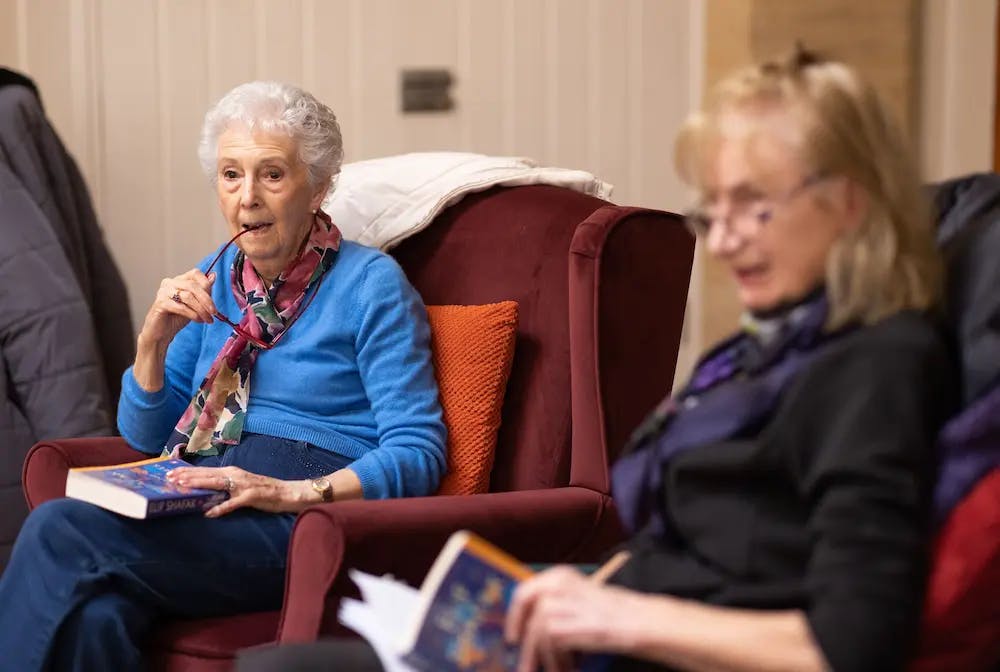
The Role of the Care Inspectorate Wales (CIW) In Social Care
The Care Inspectorate Wales is the regulator of social care (including care homes) and childcare in Wales. Learn more about the services they regulate here.
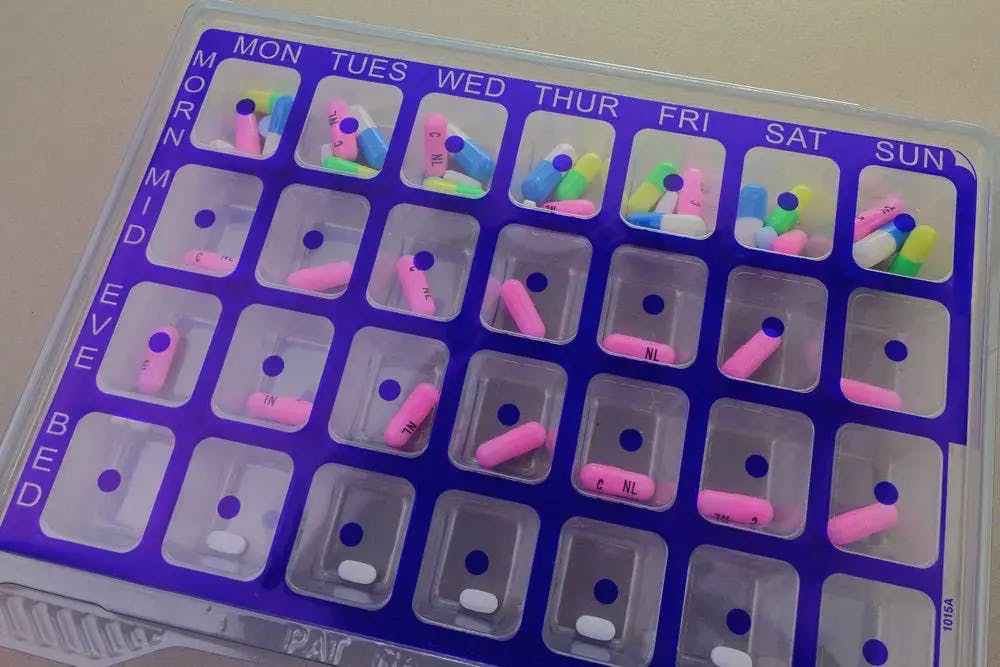
Dosette Box - What They Are, Benefits and How To Get One
Keeping track of the medication you take can be tricky. This is where dosette boxes come in. They make it much easier to properly organise these medicines.

10 New Care Homes | Discover Homes Set To Open in 2025
We’ve highlighted some of the most promising care homes that have recently opened or are due to open at some point in 2025, including when they'll be opening.
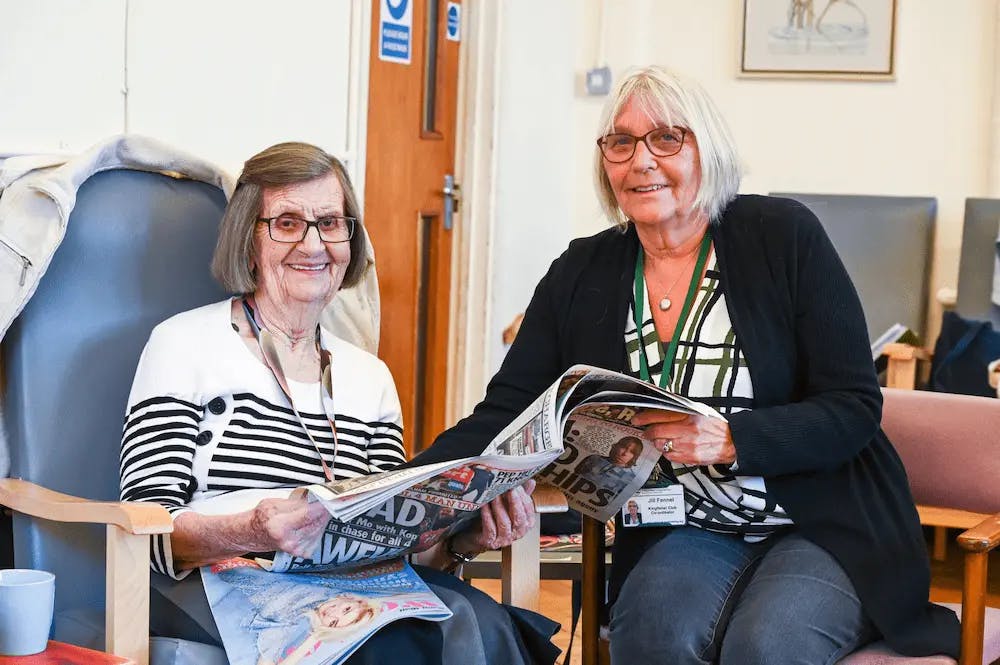
What is Social Care and Who is it For?
Social care supports disadvantaged adults, older adults or children. Social care can include things like personal care, social work and emotional support.

Disabled Facilities Grant | Financial Support For Home Adaptations
A Disabled Facilities Grant ensures the needs of disabled people are met in their day-to-day home life. These grants are available throughout most of the UK.
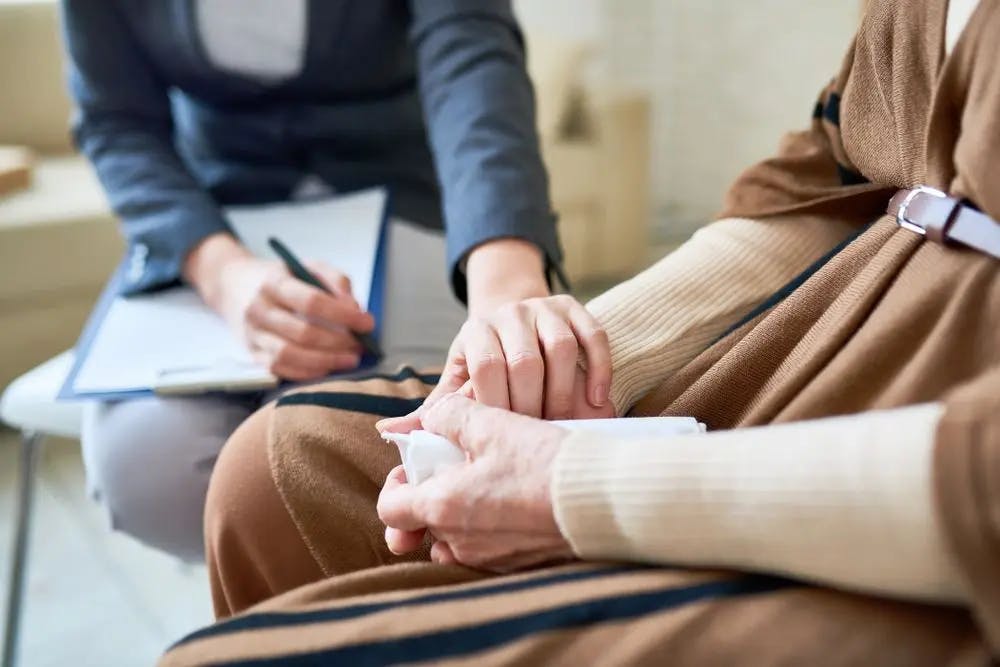
The 5 Stages of Palliative Care | What Each Stage Means
There are 5 stages of palliative care that can take place over several years. Understanding each stage will help you decide how to best put care into place.

Person-Centred Care Explained - Why Is It Important?
Person-centred care is about making sure people who use care services are at the centre of everything, with their individual circumstances considered.

Getting a Carer’s Assessment: How They Work
If you care for someone, a carer’s assessment looks at what help can make life easier. This assessment is for carers of people who are disabled, ill or elderly.
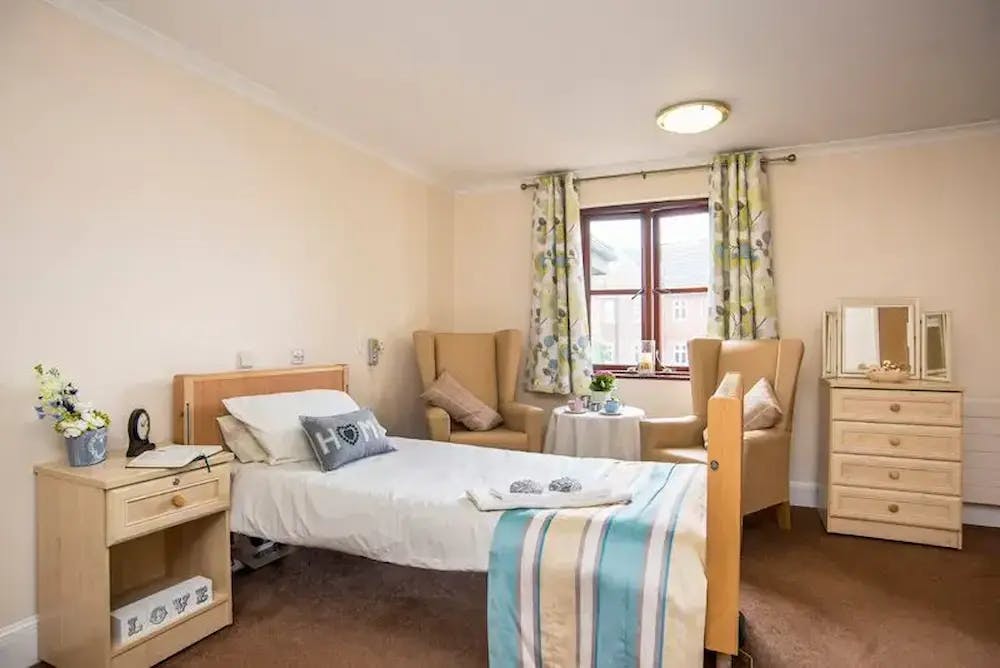
D2A: What is Discharge To Assess?
Sometimes, a person can leave the hospital but isn't well enough to go home. Instead, they may enter a nursing care home through a Discharge to Assess pathway.
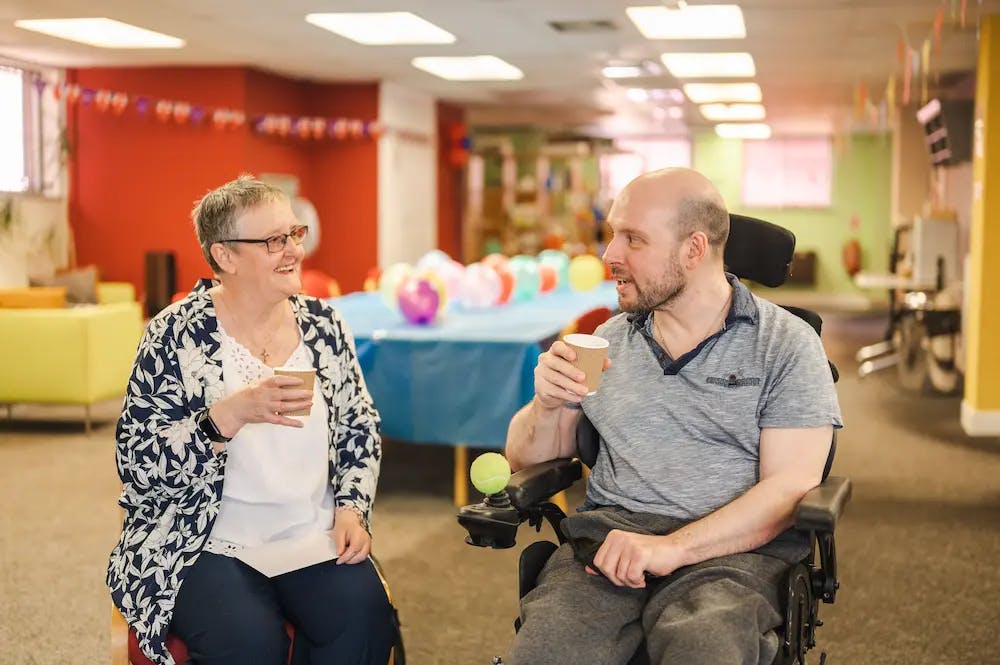
Everything You Need to Know About Postoperative Care Services
Postoperative care is the care that you receive after a surgical procedure. We've explained what postoperative care at home and in the hospital is.
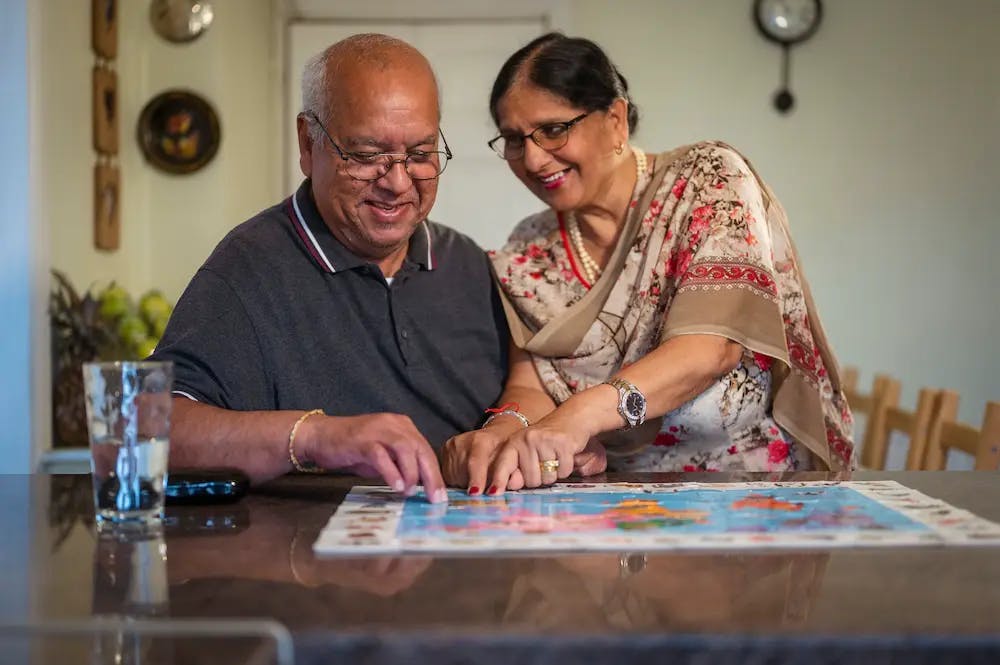
What is Companionship Care and Why Is It Important?
Companionship care services provide support for those who can still live independently within their own homes, but could do with some extra social interaction.

Palliative Care Homes: Comforting End of Life Care
Palliative care offers support to people with a terminal illness. This type of personalised care aims to make people feel supported and comfortable.
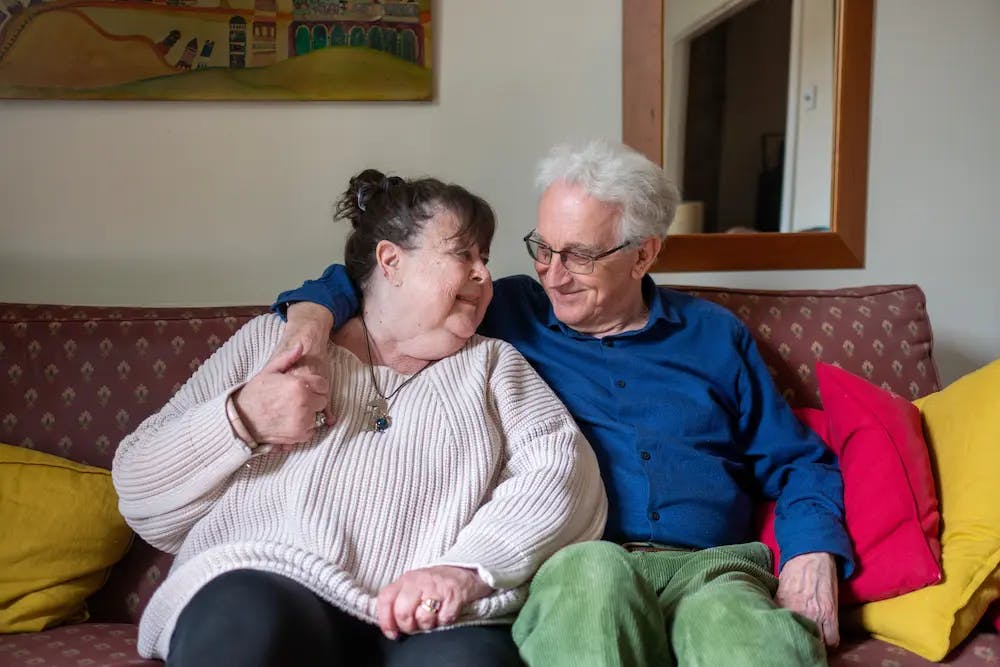
Convalescent Care Homes | Postoperative Care and Recovery
Convalescent care is for people recovering from an illness or injury, or after having had an operation. Personal care and help with daily tasks are given.

Care Home Groups - The Largest Care Home Providers in the UK
There are around 564,000 care home beds across 17,600 care homes in the United Kingdom. A large number of these homes sit within care home groups/providers.

The 12 Best Care Homes For Mental Health In the UK
We have a range of care homes for people with mental health conditions. Here, we’ve highlighted nine of the best care homes for mental health in the UK.

Care Inspectorate Reports Explained | What is the Care Inspectorate?
The Care Inspectorate regulates and inspects Scottish care services to ensure they’re up to scratch. Learn more about the Care Inspectorate here.

Best Care Homes For Young Adults (Under 65 Years Old)
Care homes for young adults can support various needs, including physical and learning disabilities. Here are nine of the best care homes for young adults.

Our 10 Best Care Homes For Couples | Stay Together In Care
Many homes across the UK offer care for couples so they can stay together. We've highlighted 10 of the very best care homes for couples in the UK.

12 Best 'Outstanding' CQC Care Homes in England
Only 3.5% of care homes in England are rated as ‘Outstanding’ by the Care Quality Commission. Here are 12 amazing 'Outstanding' rated care homes in England.

Best Care Homes For Learning Disabilities In the UK
Many residential and nursing care homes across the UK welcome people with various learning disabilities. Here are eight Lottie learning disability homes.

What is an EMI Unit in a Care Home?
EMI stands for Elderly Mentally Infirm and refers to care home residents with Alzheimer's and other forms of dementia. EMI units offer specialist care.

What is Personal Care? Receiving Daily Support and Help
Personal care refers to any personal form of support and includes tasks that are essential for daily living like bathing, getting dressed and preparing meals.

What is Advocacy in Health and Social Care?
Advocates in health and social care will support you through complex processes, including arranging a needs assessment and organising your personal budget.
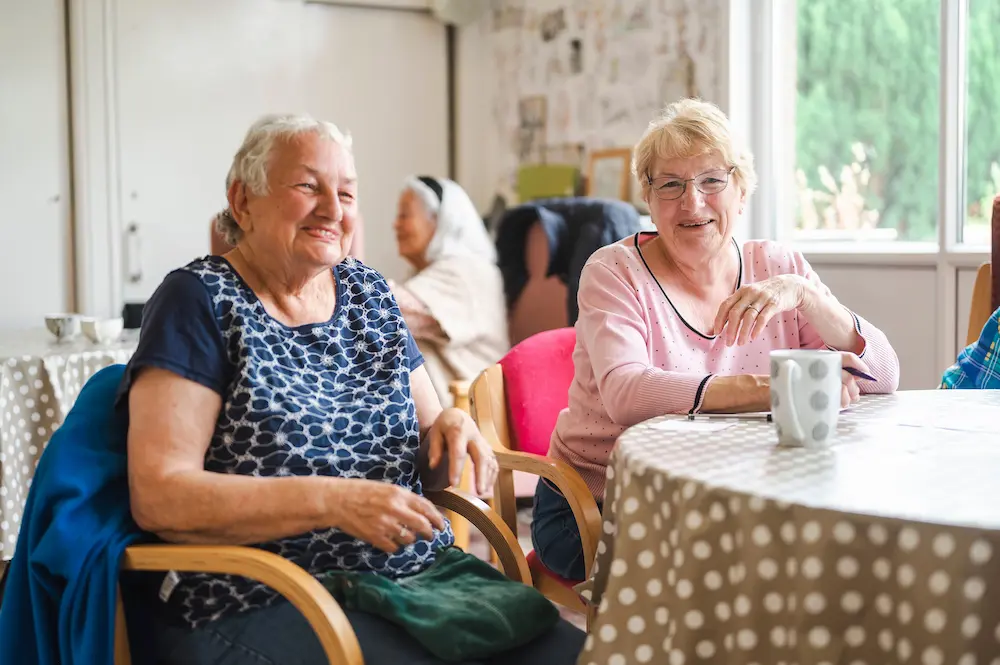
What are the 6 C’s of Care and Why Do They Matter?
To ensure care providers offer an excellent level of support, the NHS introduced the six C’s of care. Learn more about these and why they're important here.

What Is the Care Quality Commission (CQC)?
The Care Quality Commission (CQC) is England’s independent regulator of health and social care. The CQC ensures excellent care is provided to residents.

Promoting Independence in Care
Independence is key to helping the elderly maintain a good quality of life. It’s crucial then that care services are able to promote independence in care.
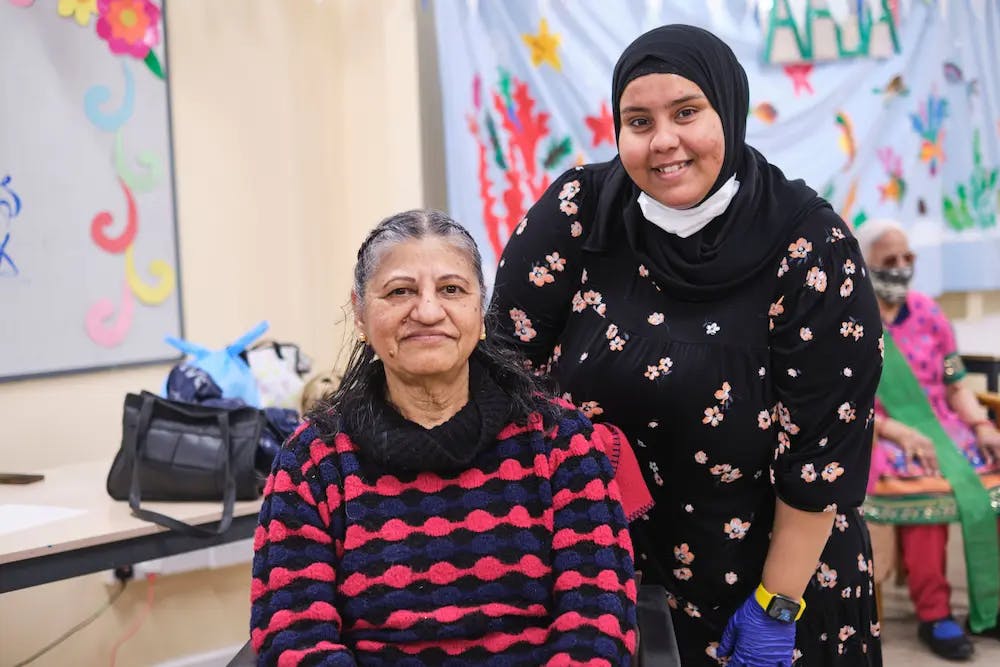
Being a Carer For a Family Member or Parent
Whether you’ve been looking after a family member for a while now or you’re just starting out, our article will explain how best to care for your loved one.
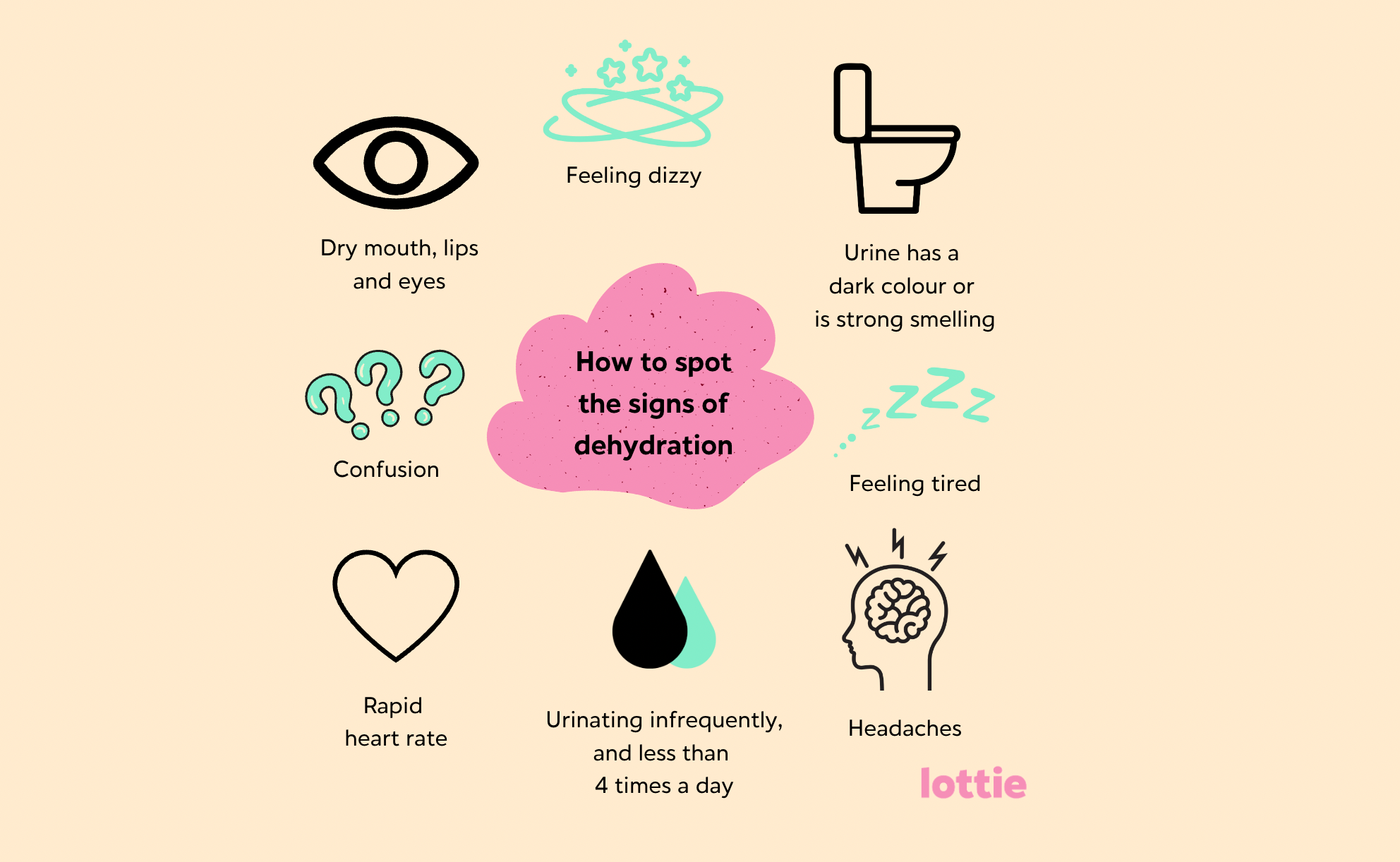
What are the Symptoms of Dehydration in the Elderly?
As we get older, our ability to deal with hot weather diminishes. When looking after an elderly loved one, you should know the symptoms of dehydration.
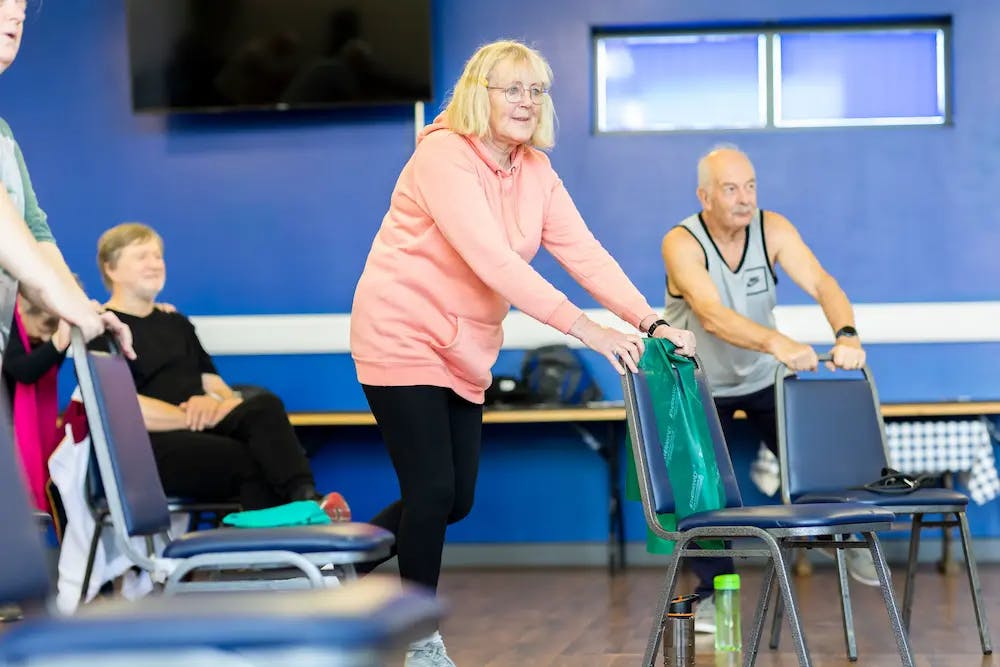
The Importance of Meaningful Activities in Care Homes
Care homes can improve the health and wellbeing of their residents through meaningful activities that improve quality of life and provide structure.

Social Services Elderly Care Packages Explained
Social services will create an elderly care package that lists the care and support required to meet your needs. This package will be part of a care plan.

Emergency Respite Care: Breaks For Carers
Respite care is a short-term solution where a different carer takes over your responsibilities. Learn about emergency respite care and taking a break from care.

Heatwaves and the Elderly: How to Look After Your Loved Ones in The Sunshine
Warm weather is a chance for many to enjoy the outdoors. Spending time outdoors can be valuable for health. However, too much heat poses a risk to the elderly.
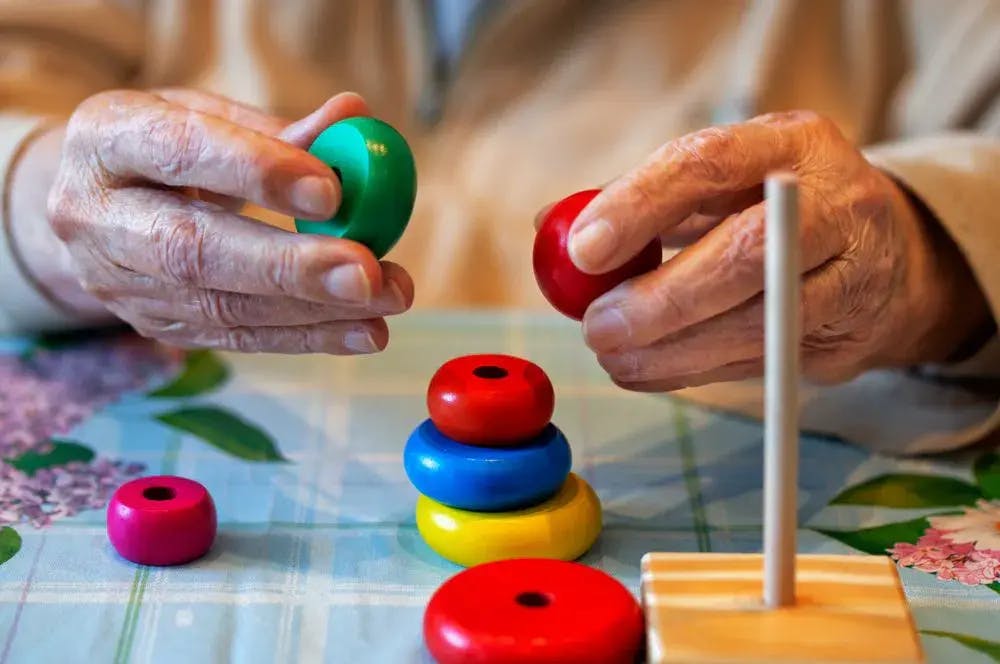
What is a Memory Care Home?
Memory care provides housing and 24/7 care for those living with Alzheimer’s and other forms of dementia. Learn what memory care is and its benefits.
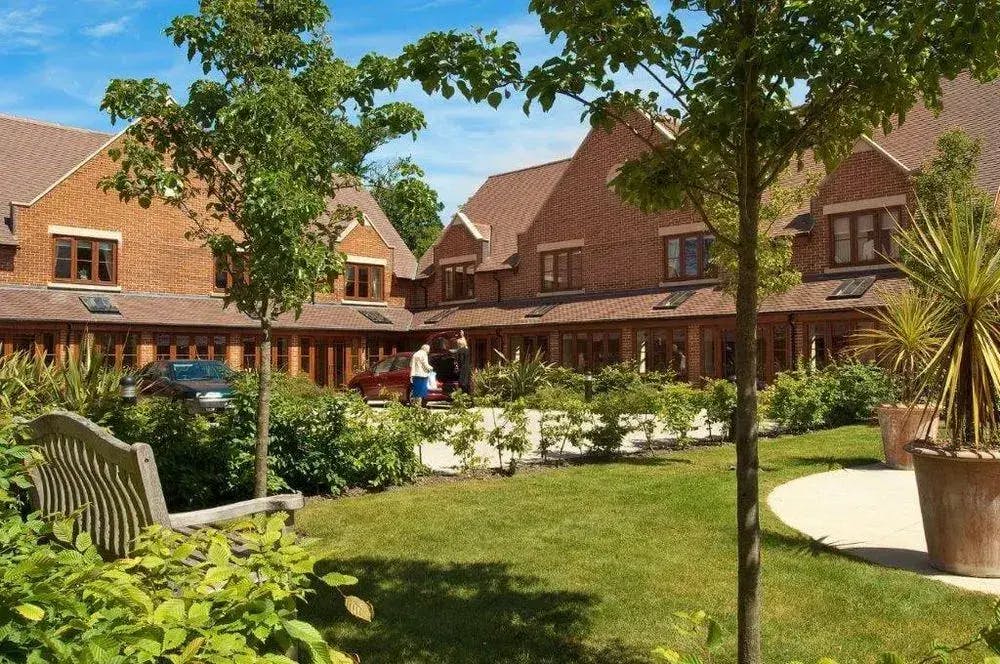
What is a Care Home? Everything You Need to Know
We’ve explained what a care home is and the different types, how to choose a care home, how much they cost and what they're like to live in.
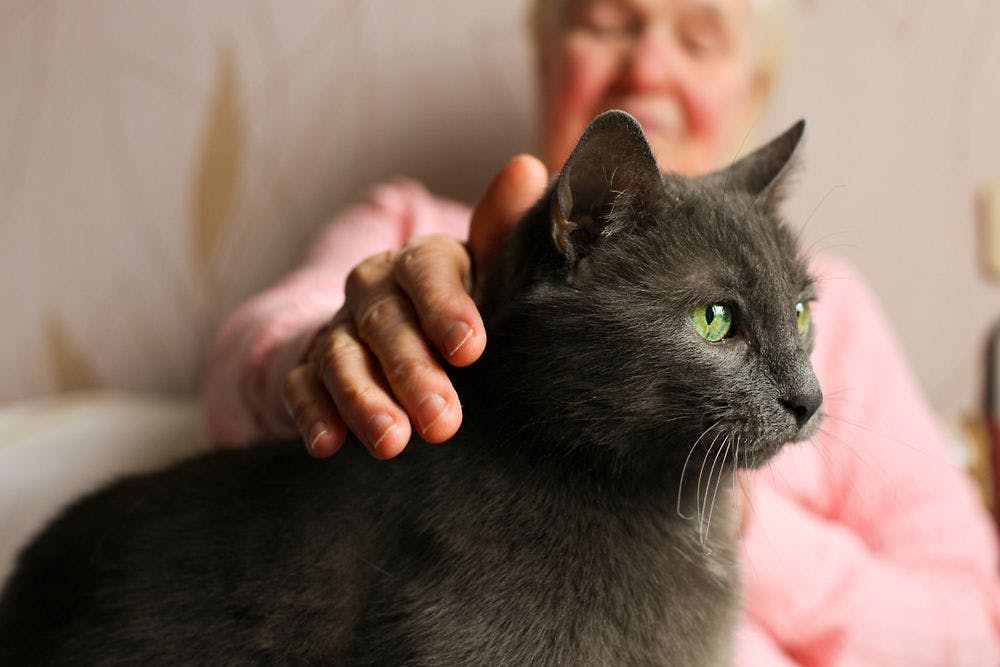
Pets in Care Homes: Can You Take Them?
In this article, we’ve looked at whether or not you can take pets into a care home, the benefits of pets for elderly people and how to find a pet-friendly home.

How To Make Your Loved One's Care Home Room More Welcoming
From home furnishings to your favourite music, there are endless ways to make your care home room feel cosy and familiar. Here are our top tips.

What Happens With Your Pension in a Care Home?
We've taken a look at what happens to your state pension when you enter a care home, along with other benefits that you may receive.
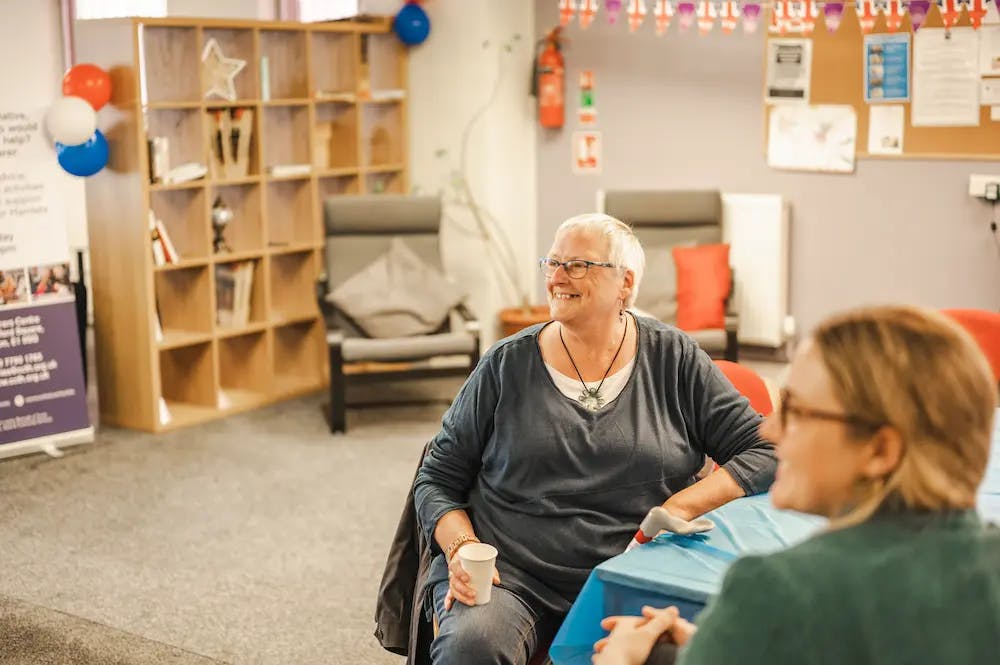
Everything You Need To Know About Assisted Living (Extra Care Housing)
Also known as extra-care housing, assisted living allows you to remain independent whilst receiving various levels of personal care.

Promoting Dignity in Care: What It Means
In a care home, the term 'dignity' is one that often crops up. But do we understand the true meaning of dignity in care?
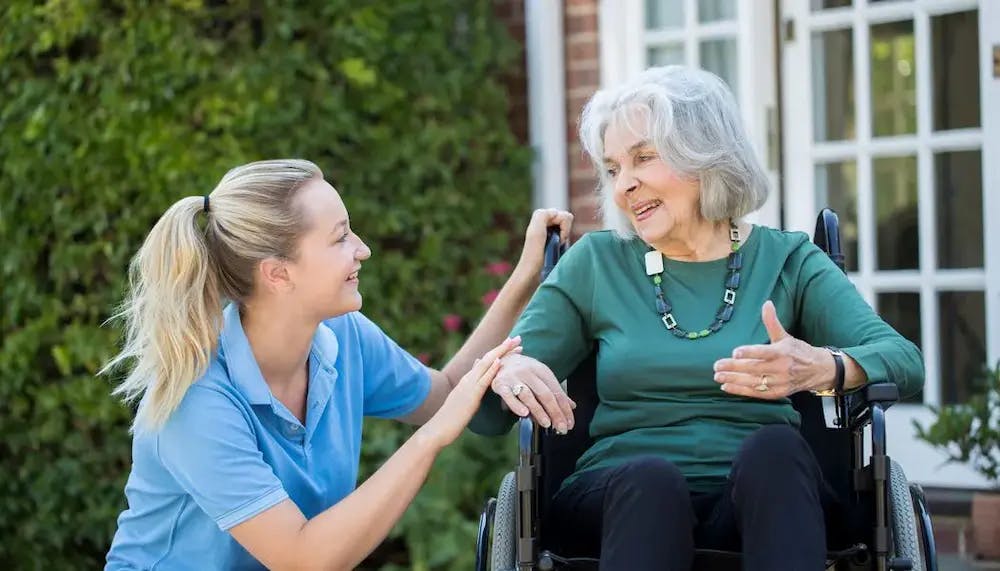
What Do Carers Do in a Care Home?
Being a care assistant in a care home involves a wide range of tasks and responsibilities. It's a challenging yet extremely rewarding job. Learn more here.
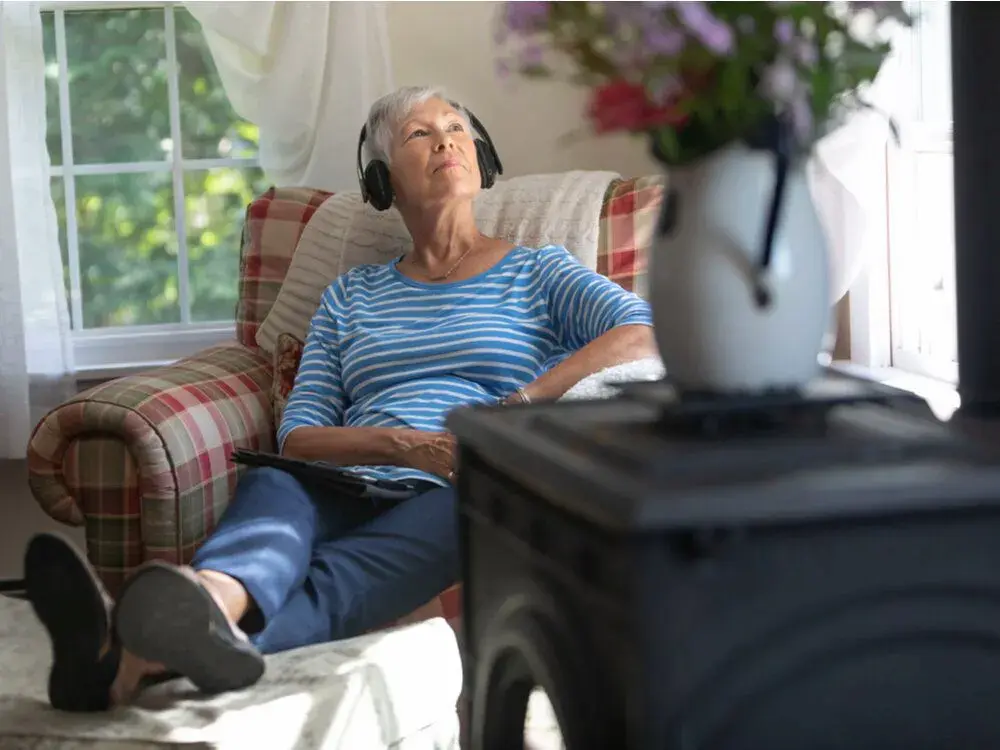
What Is Independent Living?
We've explored independent living and how it can help older or disabled people to live full and free lives.

What is a Care Home Manager?
Care home managers are responsible for running a care home in accordance with laws and regulations, including that of the Care Quality Commission.
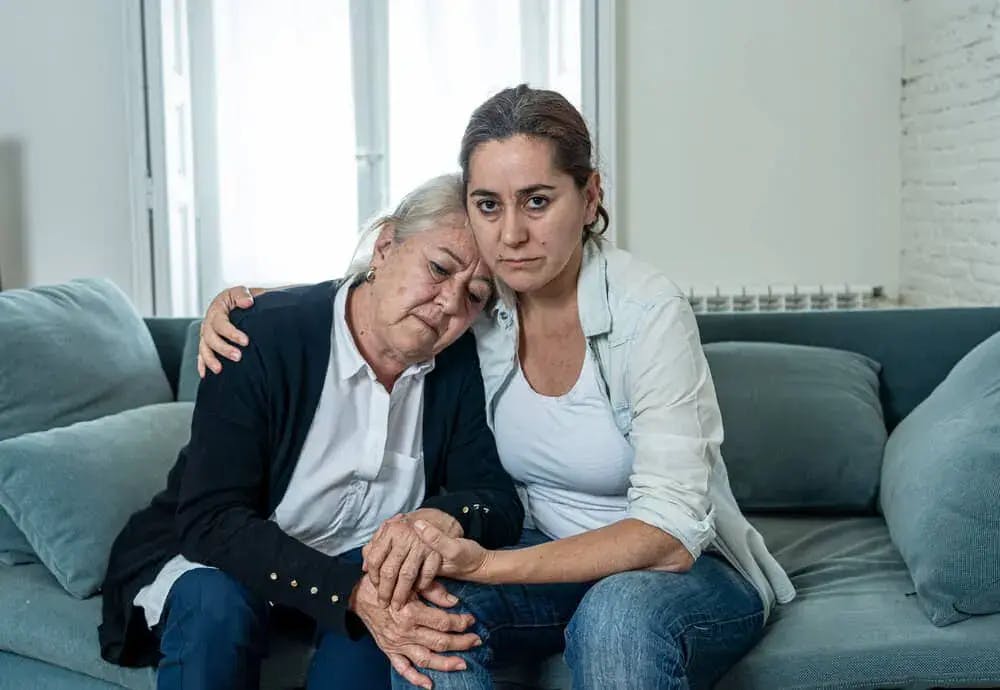
How to Complain About a Care Home
While we hope you never find cause to complain about your care home experience, it's best to be prepared if you do need to make a complaint. Learn more here.
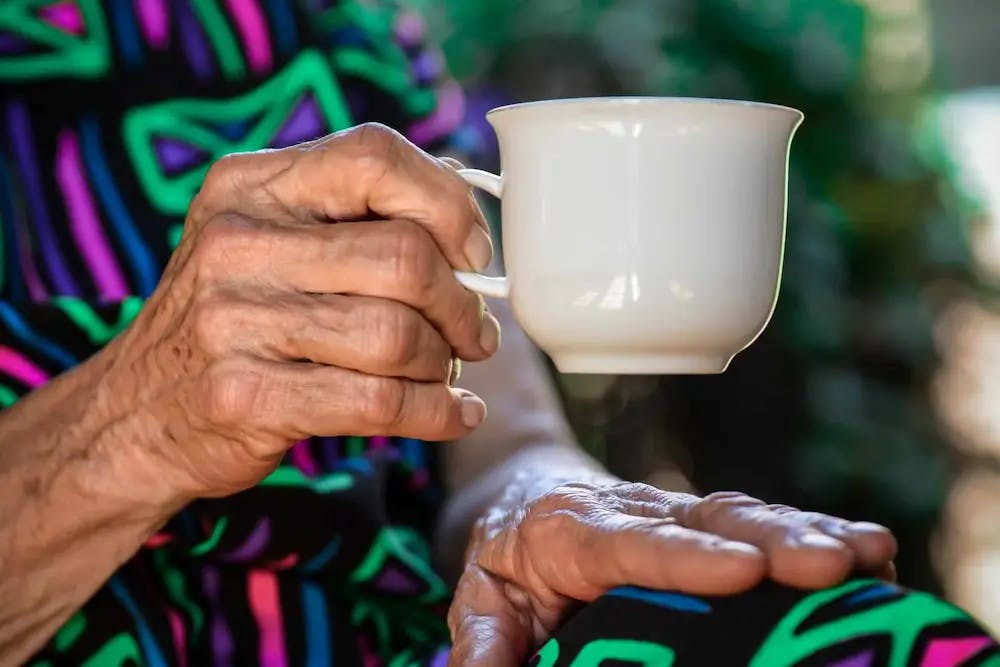
What is it Like Living in a Care Home?
Though care homes have an old-fashioned reputation, the reality has left this stereotype in the dust. Here's a flavour of what living in a care home is like.

The Best Countries for Older Adults to Live - Which Provide the Best Elderly Care?
As life expectancy increases, excellent elder care services are needed to accommodate this ageing population. Here are the countries with the best elderly care.
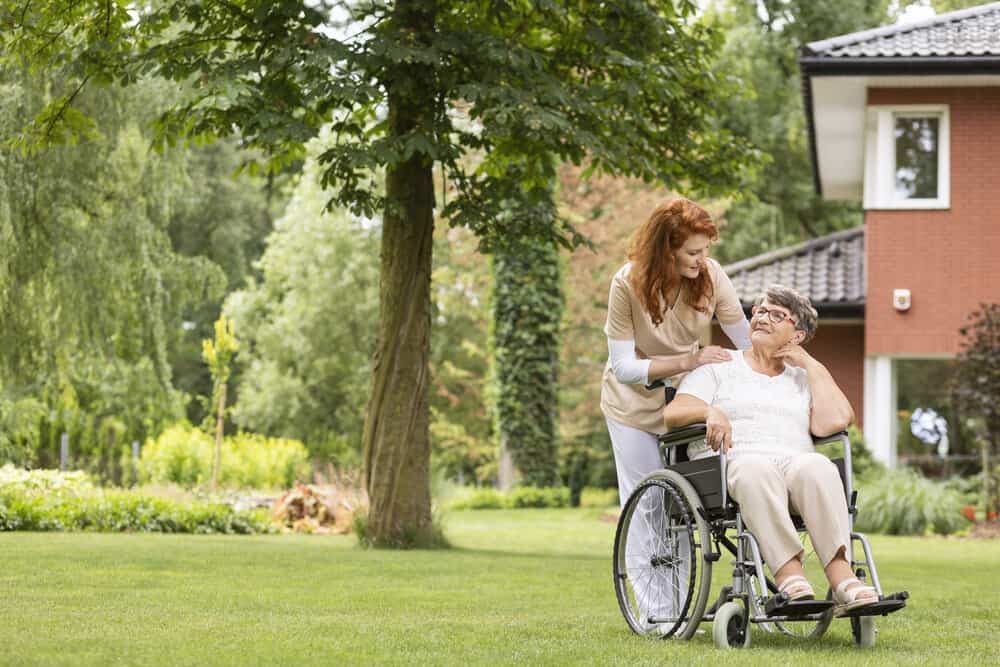
Care Home Ownership: Are All Care Homes Private?
There are several types of care homes, including privately owned, council-owned and charity-run care homes. We've explained the types of care home ownership.

How to Get an Elderly Person into a Care Home
Your loved one going into a care home can be a difficult experience for all involved. This article offers advice on every step of the process.

TV Licences in Care Homes: Everything You Need to Know
How do TV licences work in a care home and do you need to get one? Check out our guide to TV licences in a care home and get all the information you'll need.

Everything You Need to Change Your Care Home
It's not uncommon for people to move into a care home and find themselves feeling unhappy in their new surroundings. Learn about changing care homes here.

What is a Care Plan In a Care Home? Why They're Important
Things tend to go smoother in life when you have a plan - and your elderly care is no exception. Care plans highlight the level of support a person requires.

The Differences Between a Care Home and a Nursing Home
While care homes and nursing homes seem similar at first glance, there are several key differences. One will likely be better placed to meet your care needs.

Who Works in a Care Home?
A good care home will have several types of employees; from front-of-house staff to caterers, nurses, care workers, activity coordinators and managers.

